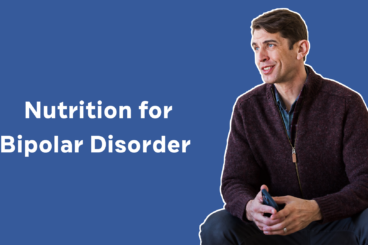| Authors | TA Sanders |
| Institution | Nutritional Sciences Division (TABS), King’s College London |
| Publication Name | Prostaglandins Leukot Essent Fatty Acids. |
| Publication Date | August 2009 |
BACKGROUND:
Docosahexaenoic acid (22:6n-3; DHA) is absent from vegan diets and present in limited amounts in vegetarian diets.
OBJECTIVE:
To review DHA status in vegetarians and vegans.
DESIGN:
To identify published studies and review their findings.
RESULTS:
Dietary analyses show that vegan diets are devoid of DHA and vegetarian diets that included dairy food and eggs only provide about 0.02 g DHA/d. Vegetarian and especially vegan diets supply more linoleic acid (18:2n-6) than omnivore diets. The intake of alpha-linolenic acid (18:3n-3) also tends to be similar or greater but depends on culinary oils used. The proportions of DHA in plasma, blood cells, breast milk, and tissues are substantially lower in vegans and vegetarians compared with omnivores. The lower proportions of DHA are accompanied by correspondingly higher proportions of the long-chain derivatives of linoleic acid, indicating that the capacity to synthesize long-chain polyunsaturated fatty acids is not limited. Short-term dietary supplementation with alpha-linolenic acid increases the proportion of eicosapentaenoic acid (20:5n-3) but does not increase the proportion of DHA in blood lipids. Small amounts of preformed DHA (as low as 200mg) result in a large increase in the proportion of DHA in blood lipids in vegetarians and vegans. There is no evidence of adverse effects on health or cognitive function with lower DHA intake in vegetarians.
CONCLUSIONS:
Preformed DHA in the diet of omnivores explains the relatively higher proportion of this fatty acid in blood and tissue lipids compared with vegetarians. The pathophysiological significance of this difference remains to be determined.
